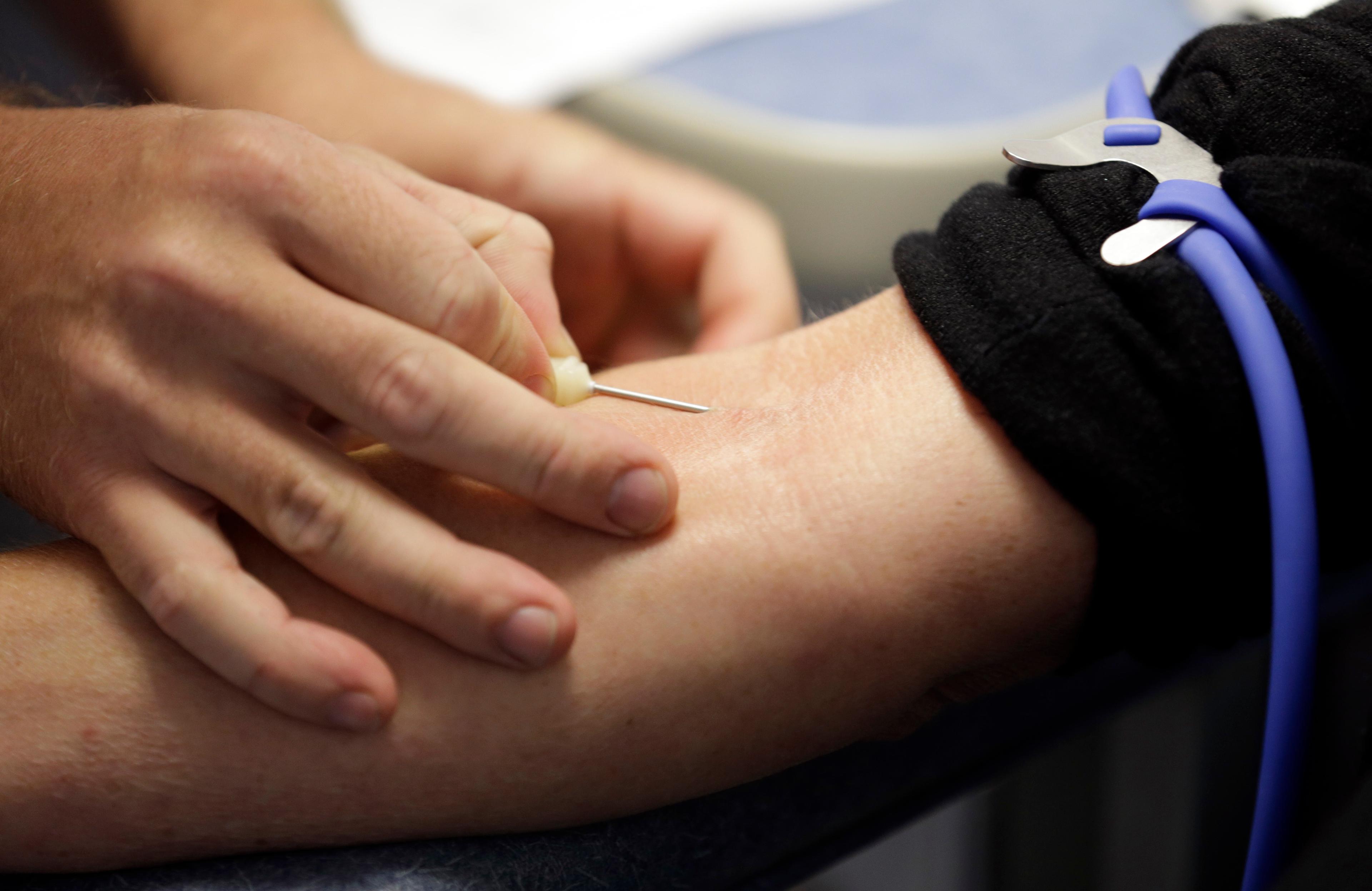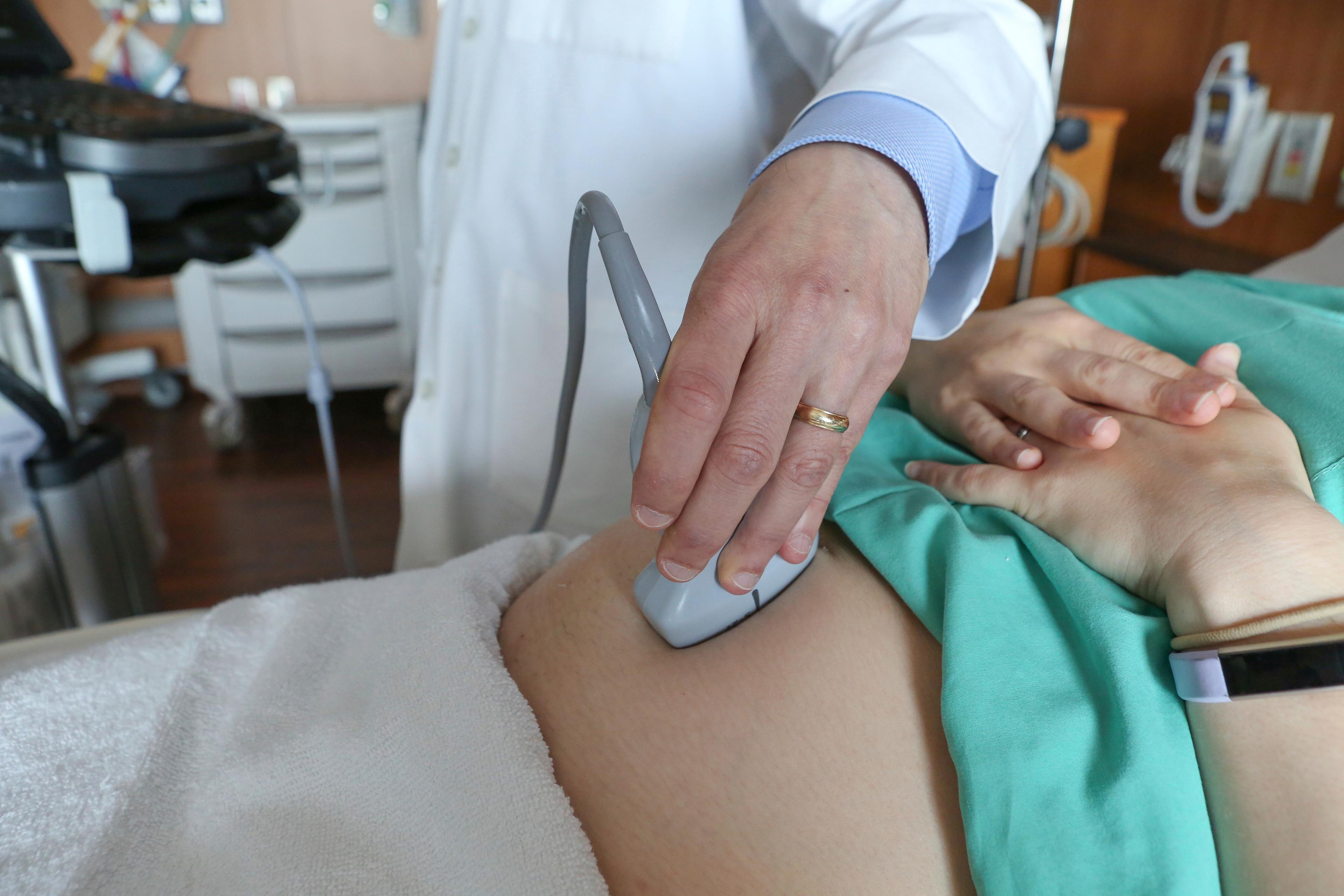
Blood donation centers say supplies are lower than they'd like because of concern over the coronavirus.
Vitalant, a nonprofit blood bank, tries to have four days worth of blood on hand. Right now, they have less than half of that, spokesperson Brooke Way said.
People tend to donate less in the winter, Way said, and fears over the coronavirus are only making that trend worse.
"It is kind of scaring away some donors," she said. "The last thing we need is hospitals to be challenged with the blood supply if the coronavirus infections increase across our state."
Vitalent needs 450 units of blood a day to keep up with patient demand.
"We don't want hospitals to have to worry about having enough blood for trauma victims or cancer patients," Way said.
The national organization of blood banks, AABB, asked that blood drives not to cancel events and that the public to keep their donation appointments.
Who should donate blood?
AABB is urging all healthy people to donate blood.
Who should not donate blood?
If you are ill, you should not donate blood. Those who think they could have been exposed to COVID-19 should wait a month (28 days) before donating.
Vitalent changed their eligibility requirements in response to coronavirus. They ask that people who have traveled to areas largely affected by the coronavirus — China, South Korea, Iran and Italy — also wait 28 days before donating.
What if I donate blood and then find out I am sick?
Some people with coronavirus have mild or no symptoms. They can appear up to 14 days after infection.
If you donate blood and then realize you are sick, donation centers ask that you call and notify the blood bank.
Is it safe for me to donate blood?
Donation centers use sterile collection protocols according to the Food and Drug Administration's rules. Way said Vitalant is following strict procedures and guidelines to ensure safety. That includes disinfecting donation areas and having staff wear gloves.
According to Vitalent, the nature of the virus means it is highly unlikely that it can be transmitted through blood transfusions.
What do blood banks need?
Way said all blood types are needed, but especially O negative. It's the universal blood type and is frequently used in trauma patients. They need platelets too because it has a short shelf life.









